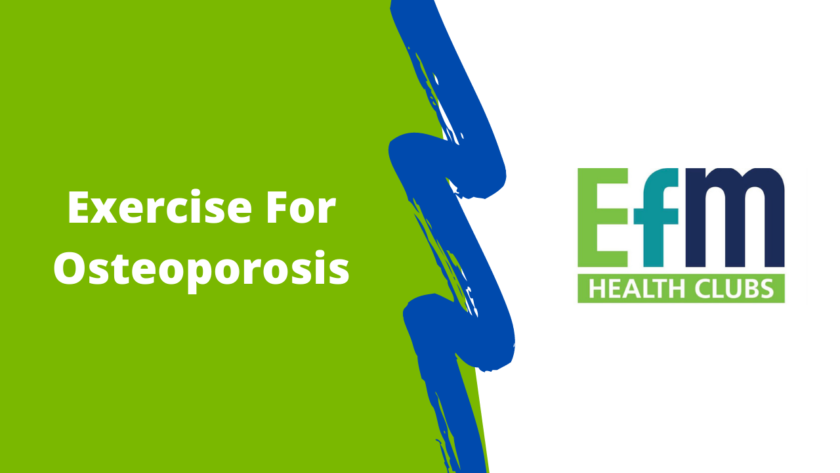
The Best Types of Exercise for Osteoporosis
Osteoporosis is a condition that most Australians will unfortunately encounter in their lifetime.
What is Osteoporosis?
Osteoporosis is a condition that causes bones to be come weak and brittle over time and can increase the risks of breaks and fractures. There is a saving grace though, which is that there are specific exercises you can do to improve bone density and slow down the process of Osteoporosis.
In this article, we cover the 4 types of exercises that are the best to improve and maintain bone density.
Exercise For Osteoporosis
1. Weightlifting:
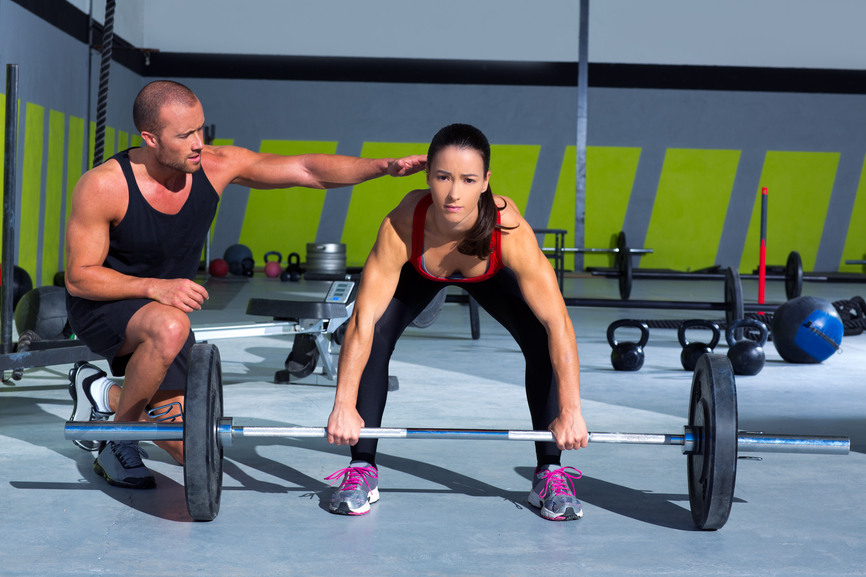
Now while this one may seem counterintuitive, as putting stress on your bones is seemingly the last thing you probably want to do.
However, that is actually the reason this form of exercise is so effective for osteoporosis because the extra stress placed on the bones causes the body to reinforce them to be stronger. The rationale is the same as how muscle micro tears from lifting weights helps to build muscle.
It is important to note though that heavy weightlifting, if you’ve been out of the gym for a while is likely ill-advised. Light weights is perfectly fine!
2. Yoga:
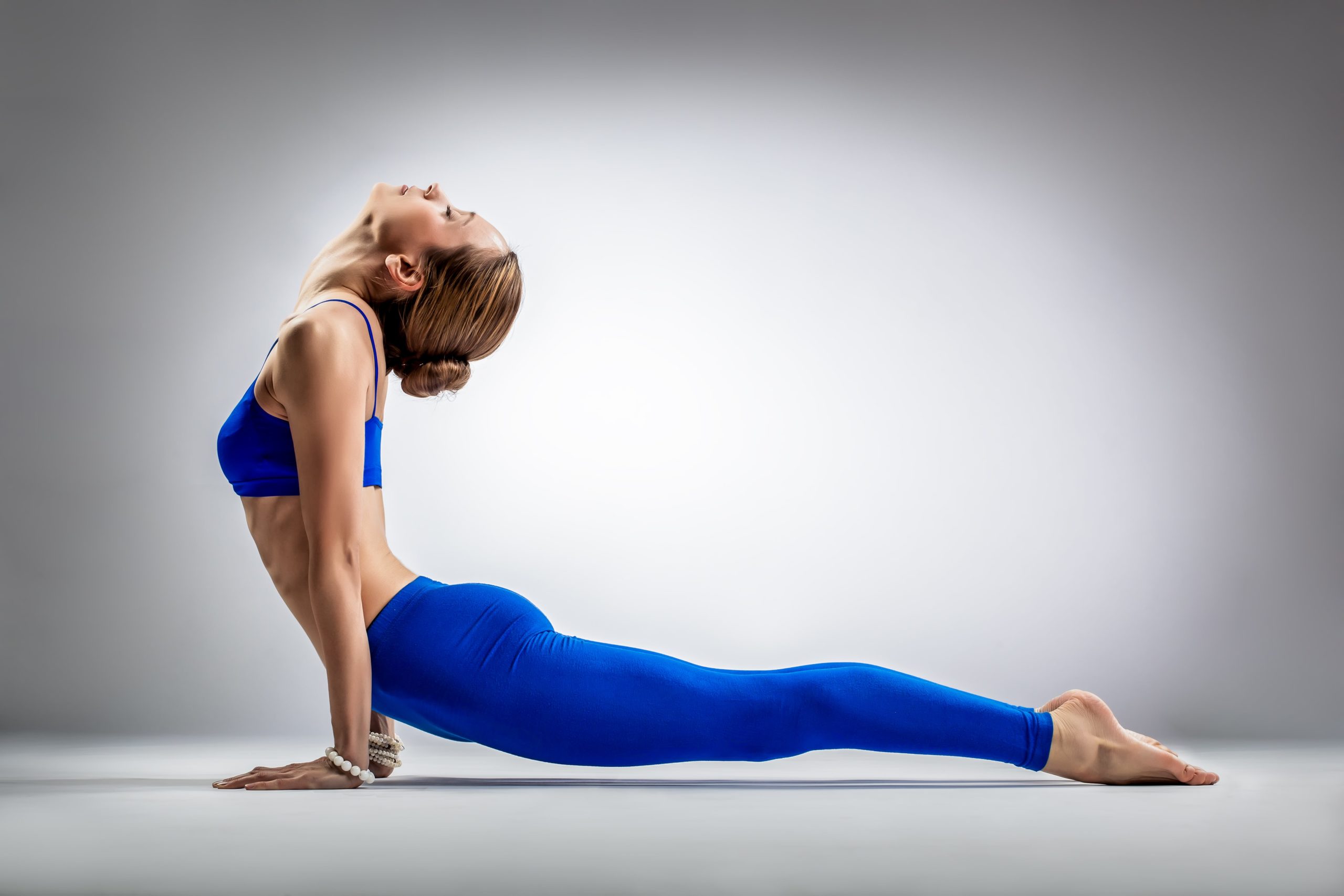
This is an excellent way to apply resistance to your bones with minimal risk of injury. Most yoga instructors are very good at telling you when you are pushing yourself too hard. It is also a perfect way to destress after a long day, a lot of people who thought they wouldn’t enjoy yoga, given it’s seemingly “low impact”, actually end up enjoying it.
3. Swimming:
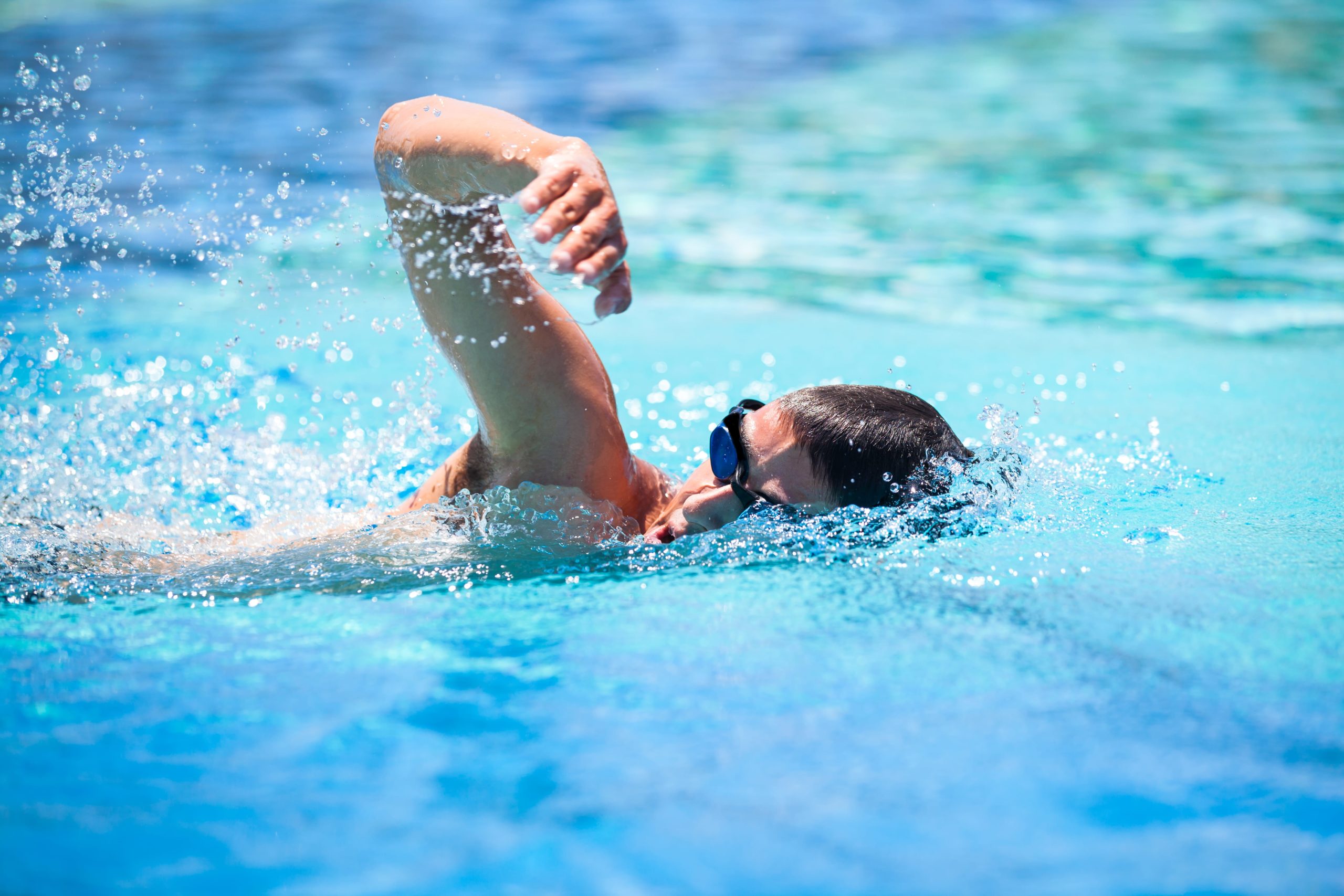
The gravity minimal environment that a pool provides makes it far easier on the joints than weight-bearing exercise for example. But because it is low impact, it’s a can-do exercise, but not optimal as a form of exercise for preventing osteoporosis. It’s the weight and strain put on bones from weight-bearing exercise that makes it great for slowing down the aging process and onset of osteoporosis.
However, we’ve put swimming in here as it’s a great way to get in a nice exercise session if you’re feeling like something low-impact. Any exercise is better than no exercise at all!
4. Jogging & Walking:
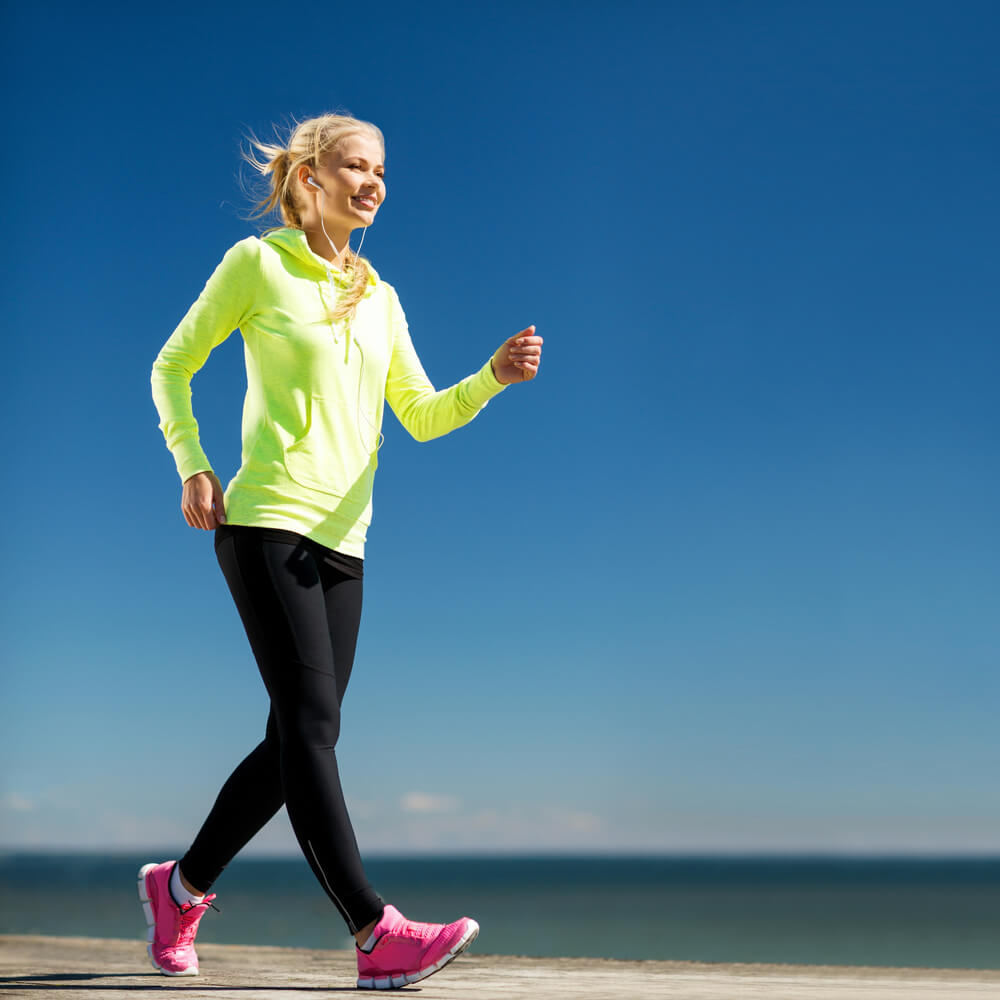
The biggest worry of a loss of bone density has to do with a loss of bone density in the lower body, as we all have to use our legs to move around. So it makes sense that the best way to move around better is to regularly move around…a little faster. If jogging seems a bit daunting initially, just start with brisk walking and then work your way up.
How to Improve Your Bone Density
Why is your bone density important?
Your bones provide the structural framework for your entire body and when there is something wrong with them (such as they are weak/brittle) then it affects the way you move, the mechanical advantage of your muscles (so their effective strength) and it increases your risk for a dire injury quite dramatically.
Therefore, it is important to keep our bones as strong as we possibly can.
Basic:
The tips mentioned here are the very basics that most people can do without much fuss:
Exercise:
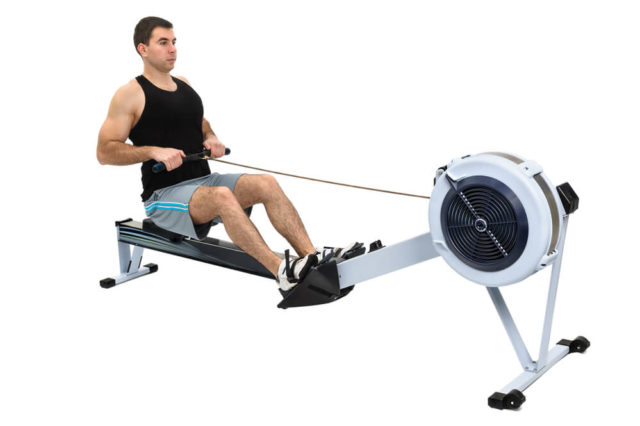
This comes as no surprise, we’re sure. Exercise causes your muscles to pull on their respective bones which places a load on those bones moved. Your bones require tension to grow, and tension must be placed on them regularly to gain/maintain bone density. The best exercise would be resistance training, but any exercise would provide a benefit, just do what you are comfortable doing on a routine basis.
Remove bad habits:
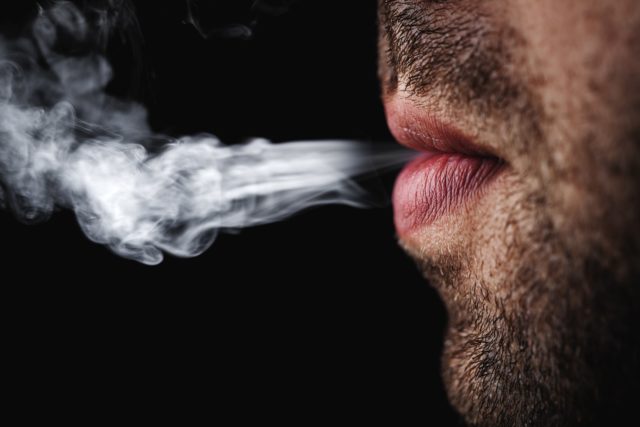
Many bad ingredients found in junk food have proven to be endocrine disruptors that also leech vital minerals such as calcium out of your bones. Cut out the fast food as much as you can and stop smoking, as these damage the arterial blood supply of all your bodies tissues (which could lead to bone issues).
Intermediate:
Take certain supplements:
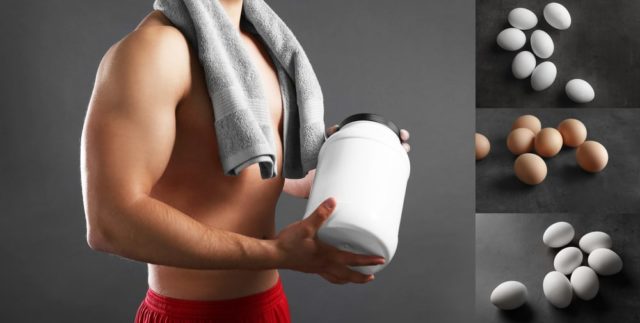
The most notable ones are GABA, Calcium and Magnesium as these have all been shown to aid in bone health and increasing bone mineral density. As cliché as it is to mention Calcium, its supplementation can be highly beneficial.
Spike your endogenous Human Growth Hormone levels:
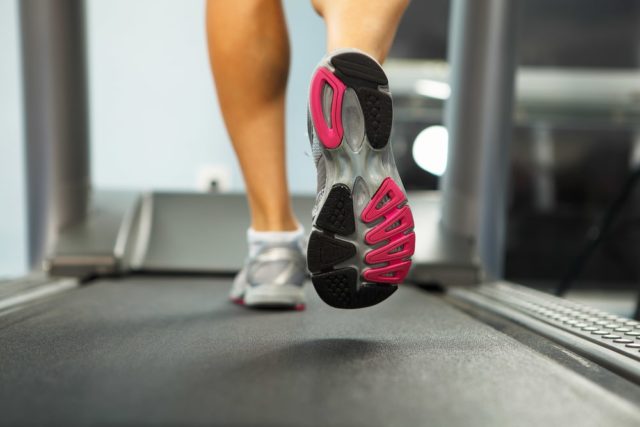
Human Growth Hormone is vital for bone health and could prove useful in the quest for greater bone density. The easiest ways to get more of this hormone naturally are to take the GABA supplement already mentioned, adopt an intermittent fasting practice and to incorporate short high intensity workouts into your gym routine.
Conclusion:
Osteoporosis is a terrible condition that impacts on mobility and quality of life. However with these exercises, you can certainly slow down the aging process, if you do them on a regular basis. The most important thing is that you do them in a safe manner, in a safe environment and that you have someone who can help you get started on the right path. We’d love to help you with that!
When starting any new diet or nutritional program, we recommend that you seek the advice and support of a qualified professional to ensure that it is suitable for you and your individual circumstances.




